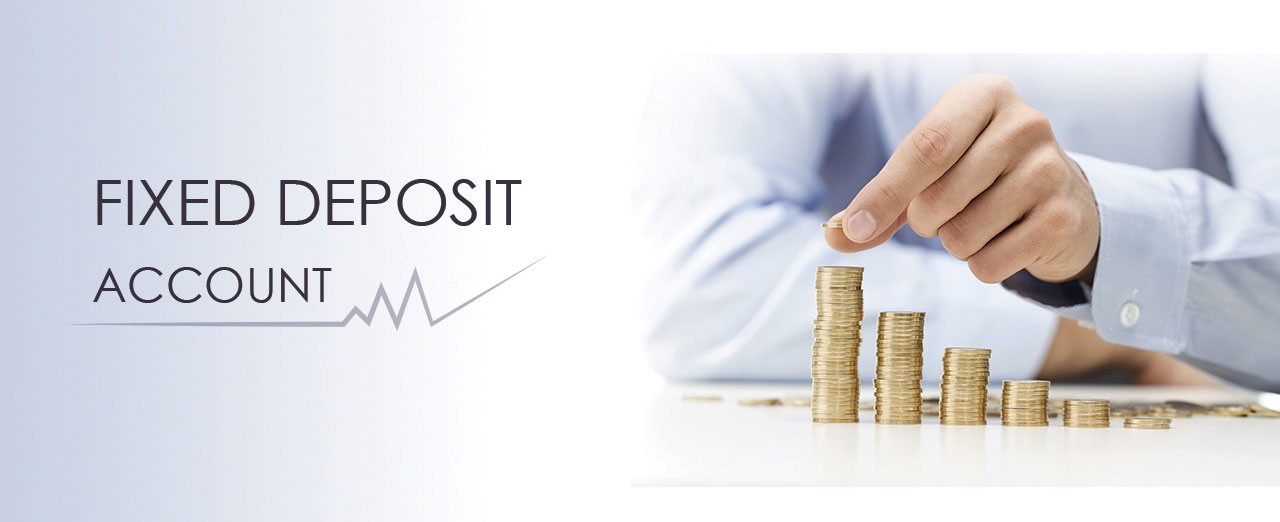Writing

A fixed deposit is one of the most lucrative, safe and high profit yielding schemes available for many years, and is lapped up by many investors who want a fixed ROI.
In an FD (Fixed Deposit) Scheme, a fixed amount of money is locked down for a fixed period, and a fixed interest is paid after the maturity. Nonetheless, you can also withdraw your money prematurely in case you need some money instantly.
However, there are still aspects that you should know about the fixed deposit tax benefits to get the best ROI.
In the same context, let’s list out some elements of a tax saving fixed deposit that you need to know to derive more benefits out of it. All set to begin? Let’s start!
1.Are you a taxpayer? Then, it would be great for you to invest your money in a tax saving FD as you can claim up to Rs.1.5 lakh as a deduction from your deduction. The provision is made as per the norms of the Section 80C of the Income Tax Act. The investment amount gets deducted from the overall income to make way for the taxable amount of income. Hence, fixed deposit plans are one of the certified ways to claim the tax benefit.
2.Another thing that you need to know is that your FD has to be stationed at a lender or a bank for a predetermined minimum duration. The time slot could vary from a service provider to service provider. The lock-in period is of five years, and withdrawal before the same is not allowed.
3.Another vital thing to note is that applying for a loan against a tax saving fixed deposit is not allowed.
4.You can get your tax saving fixed deposit account opened from most of the nationalized or private banks, non-banking finance companies (NBFCs). Some cooperative or rural banks may or may not open your FD account, but may not offer a guaranteed ROI.
5.A majority of the investors think that taxpaying could be put off if they open an FD scheme in their child’s or spouse’s name. It is a grave misconception! You need to know that if you open a fixed deposit scheme in a non-working family members’ name such as your spouse or even a minor child, the interest will get added to your existing income, and you will be taxed accordingly.
The Bottom Line
Don’t be in the misconception that you can save on taxes while investing in a fixed deposit scheme. Unless and until you don’t open a tax saving fixed deposit plan with a lock-in period of five years, you won’t be able to do that. If you are looking to open a tax saving fixed deposit, you can open it online and manage your account online as well with leading NBFCs. Good luck!
Visit: Bajaj Finance Contact Details for Fixed Deposit
Other Writing
-
Will we Need to Accelerate Hockey? Experiences:
-
-
Soon after a great NFL life span Experiences:
